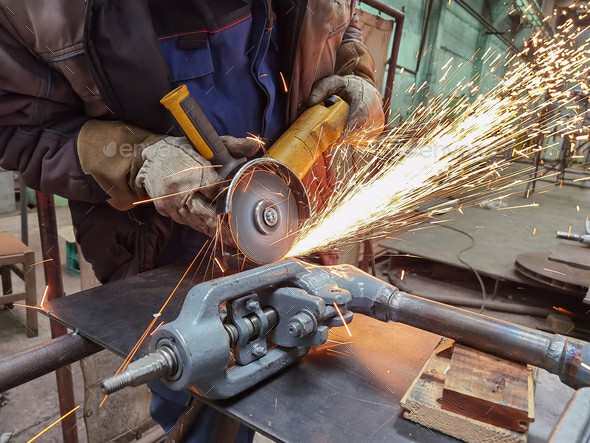


 349,500 Offered Certificates
349,500 Offered Certificates
 24/7 Online Training
24/7 Online Training
 Money Back Guarantee
Money Back Guarantee
 Fully Accredited Courses
Fully Accredited Courses

Created at: 22-02-2025 20:11
Abrasive Wheels training is essential for anyone working with cutting and grinding tools. As workplace safety regulations tighten, understanding the nature of these tools and proper handling techniques cannot be overstated. With the increasing demand for certifications across various industries, you might find yourself asking: should I choose an online course or opt for in-person training? In this comprehensive guide, we will explore the unique aspects of both training formats, focusing on their effectiveness, certification validity, learning outcomes, and suitability for various job roles in major Irish cities such as Dublin, Cork, Galway, Limerick, and Waterford.
Abrasive wheels are commonly used in construction, manufacturing, and maintenance sectors. They play a crucial role in tasks ranging from cutting metal to shaping materials. Therefore, proper training in handling these tools not only enhances productivity but significantly reduces the risk of accidents in the workplace.
Both online and in-person Abrasive Wheels training can lead to recognized certifications, provided that the courses are accredited. In Ireland, accredited programs ensure that your certification is valid and recognized across various industries. Therefore, it's essential to verify the accreditation of any course you consider.
Regardless of the format, the primary goal remains the same: equipping learners with the skills necessary to safely operate abrasive wheels. Typically, both training methods encompass:
The choice between online and in-person training may differ based on your job role, industry, and personal preferences.
In summary, both online and in-person Abrasive Wheels training methods possess unique advantages and disadvantages. Your choice should be guided by your personal learning style, job role, and industry demands. Whether you choose to pursue the flexibility of an online course or the hands-on experience of in-person training, ensure you select a certified provider that meets your needs.
Contact us today to learn more about available options for Abrasive Wheels courses in Dublin, Cork, Galway, Limerick, Waterford, and beyond. Email us at [email protected] or visit our official site for more details.
For more information on our training offerings, check out our page on Abrasive Wheels Courses.